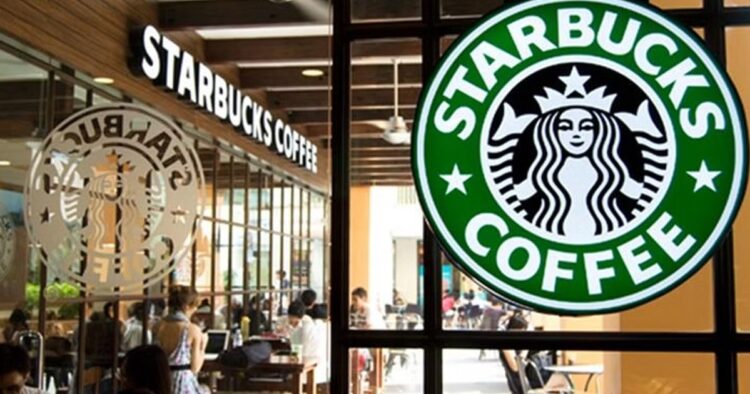Starbucks, the Seattle-based coffee giant, has experienced a significant loss in value, amounting to around $11 billion, which is approximately 9.4% of its total worth. This decline occurred within a short period of 19 days since its November 16 Red Cup Day promotion. During this time, Starbucks shares dropped by 8.96%, leading to the substantial financial setback. Analysts attribute this decline to reports of slowing sales and a lukewarm response to the company’s holiday season offerings.
The underlying cause of the decline goes beyond financial aspects, as Starbucks faces challenges related to geopolitical tensions. The company found itself entangled in sensitive issues after a tweet from Starbucks Workers United, a union representing many baristas, expressed solidarity with Palestinians. This led to boycotts and criticism, particularly regarding the Israeli occupation’s actions in the Gaza strip.
The boycott has significantly impacted Starbucks, with its stocks witnessing a continuous decline for 12 consecutive stock market sessions—the longest such streak since the company went public in 1992. Currently valued at around $95.80 per share, down from its yearly high of $115, Starbucks is navigating a challenging period in the face of global controversies.
Starbucks denies any wrongdoing in these situations but grapples with the task of preserving its brand reputation amidst divisive global issues. Starbucks CEO Laxman Narasimhan remains optimistic about the company’s diverse channels and its ability to engage customers, even amid macroeconomic challenges and changing consumer behaviors, as stated in a recent call with analysts.
The boycott of Starbucks is part of a larger movement targeting several global brands over their perceived support for Israel. In Egypt, Starbucks reportedly laid off workers in late November due to financial repercussions from the boycott, compelling the company to cut expenses.

















Comments